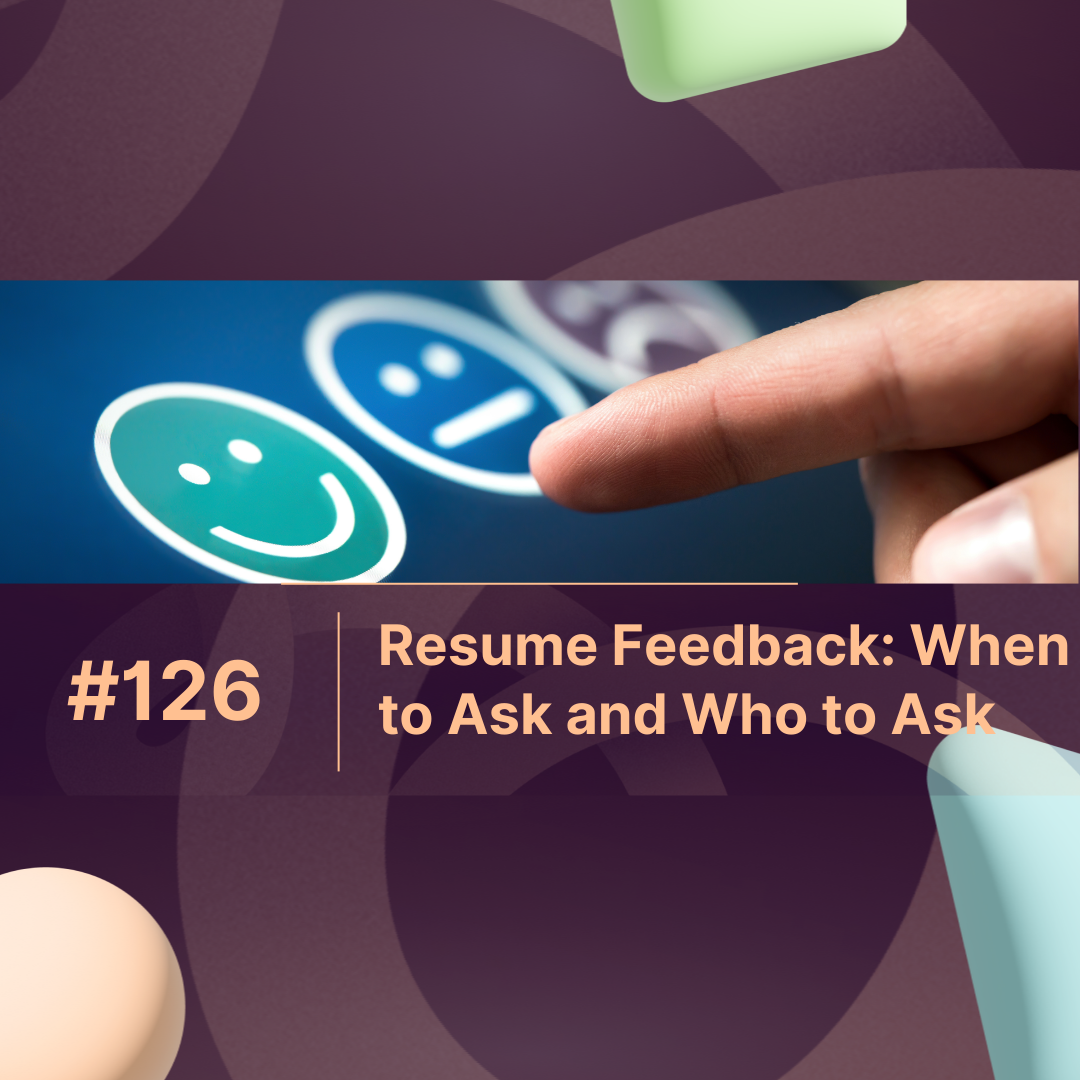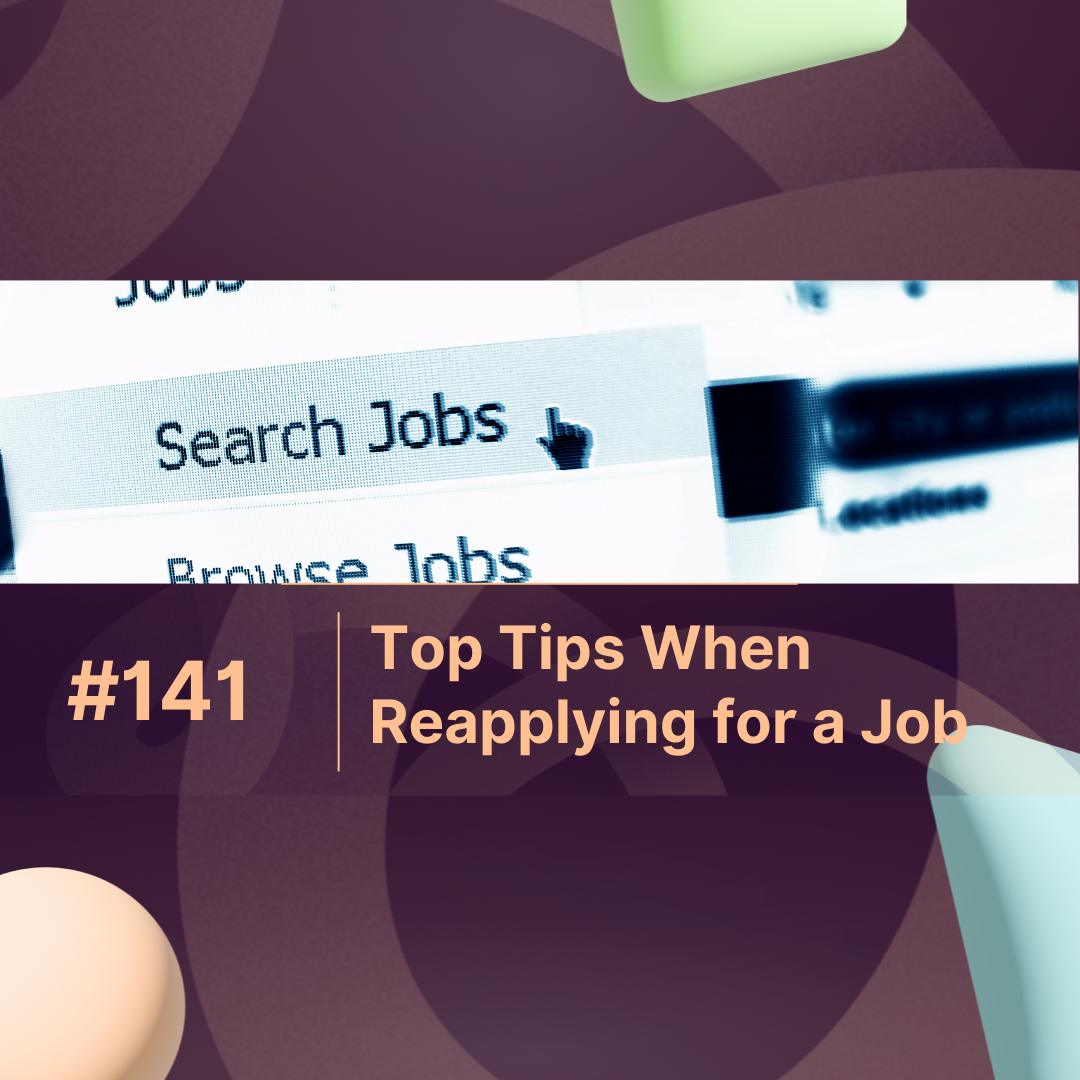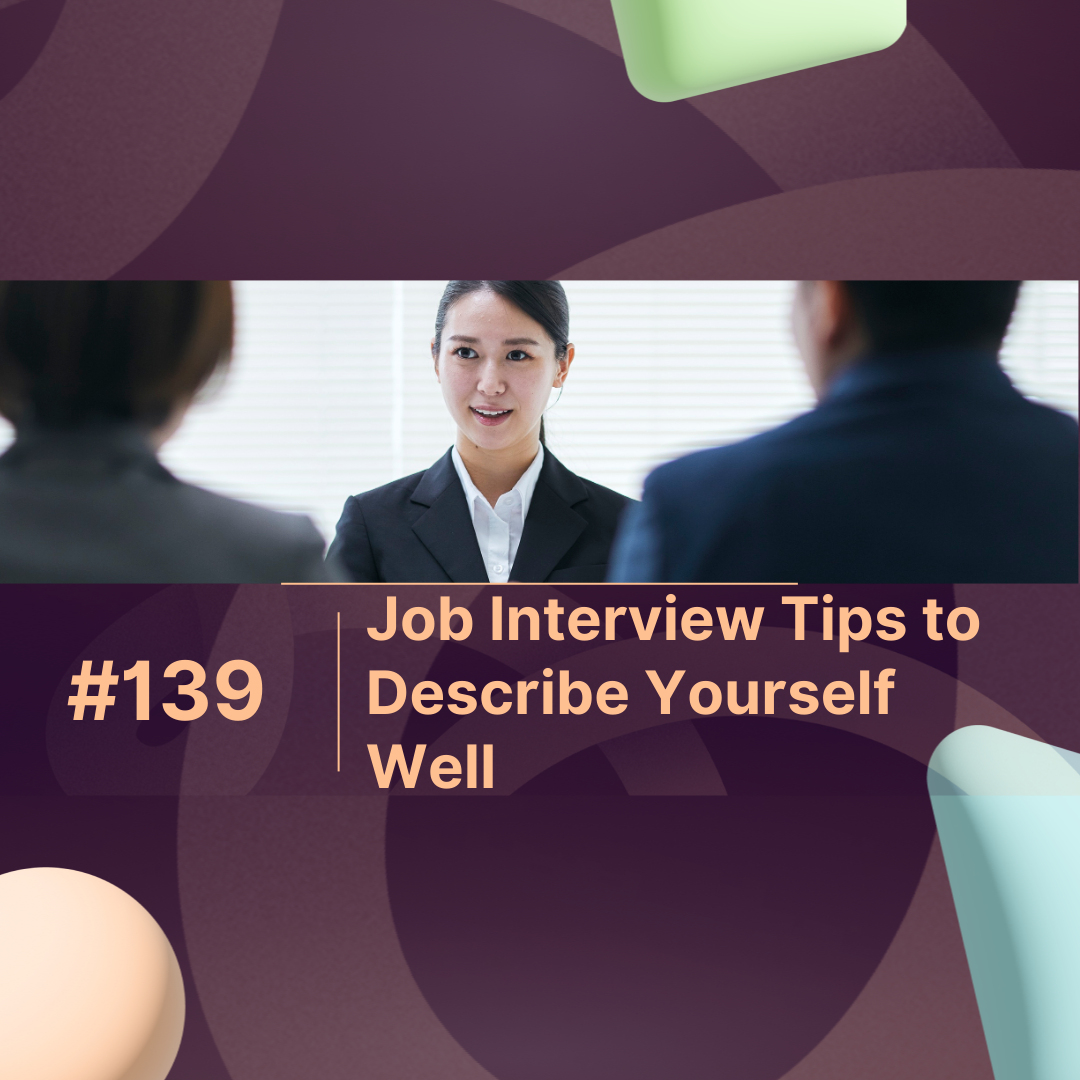Struggling to get noticed by recruiters? The key might be in your resume feedback. Knowing when to ask for it and who to ask can dramatically improve your chances of landing interviews. This guide breaks down everything HR professionals, students, and job seekers need to know about resume feedback, including actionable tips, common mistakes, and AI-powered tools like MaxProfile that simplify the process.
Overview
Resume feedback is essential for job seekers who want to create resumes that pass ATS (Applicant Tracking Systems), appeal to recruiters, and clearly showcase skills. With thousands of resumes submitted daily, a well-structured, error-free, and tailored resume increases your interview chances significantly. This blog explains the best time to ask for feedback, who should provide it, and how AI tools like MaxProfile make the process more efficient while keeping it human-friendly.
What is Resume Feedback?
Resume feedback is advice on how to improve the content, formatting, and presentation of your resume. It helps highlight strengths, correct weaknesses, and align your resume with job requirements. Feedback can cover areas such as:
-
Formatting consistency
-
Keyword optimization for ATS
-
Clarity and conciseness
-
Quantifiable achievements
-
Overall impact and readability
When to Ask for Resume Feedback
Timing is crucial when seeking resume feedback. Asking at the right stage ensures your efforts are maximized. Here’s a numeric breakdown:
| Stage | Recommended Action | Reason |
|---|---|---|
| Draft Stage | Ask peers or mentors | Early feedback helps refine structure & content |
| Before Job Applications | Ask HR professionals or career coaches | Ensures ATS-friendly, recruiter-ready format |
| After Receiving Rejections | Ask for recruiter feedback | Identify gaps or improvements based on real outcomes |
| Periodic Updates | Ask AI tools like MaxProfile | Keep resume optimized for evolving job trends |
Tip: Avoid asking for feedback too early if your resume is incomplete or too late after submitting multiple applications.
Who Should You Ask for Resume Feedback?
Choosing the right person is as important as timing. The goal is to get honest, actionable insights from someone familiar with hiring processes or resume best practices.
-
Career Coaches or HR Professionals
They provide recruiter-focused feedback, highlighting industry standards and ATS requirements. -
Mentors or Experienced Peers
They can offer perspective on skills, accomplishments, and readability. -
AI Resume Builders like MaxProfile
AI tools scan resumes for keyword optimization, formatting, and clarity. MaxProfile provides real-time suggestions, templates, and even one-click export, making the feedback actionable. -
Recruiters (If Accessible)
Some recruiters are willing to give brief insights on resume impact, especially after interviews or networking sessions.
Best Practices for Using Resume Feedback
-
Prioritize actionable feedback: Focus on suggestions that improve clarity, readability, and ATS compatibility.
-
Balance AI and human feedback: AI tools like MaxProfile can optimize keywords, while humans can advise on storytelling and impact.
-
Implement gradually: Don’t overhaul your resume entirely at once; test changes with targeted applications.
-
Keep feedback confidential: Avoid sharing your resume with multiple strangers to prevent leaks of sensitive info.
Common Resume Mistakes Caught by Feedback
| Mistake | How Feedback Helps |
|---|---|
| Lack of Keywords | AI suggests relevant industry terms |
| Poor Formatting | Human feedback identifies readability issues |
| Weak Achievements | Feedback encourages quantifiable results |
| Typos and Grammar Errors | Both AI and humans highlight errors |
| Unclear Objective | Feedback helps clarify your career goal |
Why Resume Feedback Matters
-
Increases Interview Chances: 70% of recruiters spend less than 30 seconds scanning a resume—feedback ensures first impressions count.
-
Optimizes for ATS: AI-assisted feedback identifies missing keywords or formatting issues that might prevent automated screening.
-
Highlights Strengths: Helps emphasize achievements and skills recruiters value most.
-
Boosts Confidence: A polished resume increases your confidence during applications and interviews.
Conclusion
Resume feedback is not just a formality it’s a critical step in crafting an effective, recruiter-ready resume. Knowing when to ask and who to ask ensures your resume is clear, ATS-compatible, and compelling. Combining human insights with AI-powered tools like MaxProfile gives you the best of both worlds: precise optimization and a human touch. Start seeking feedback early, implement actionable suggestions, and continually refine your resume to maximize your job opportunities.
FAQs: Resume Feedback
1. When is the best time to ask for resume feedback?
Ask during the draft stage, before submitting applications, and periodically when updating your resume. Avoid waiting until after repeated rejections.
2. Who provides the most valuable resume feedback?
Career coaches, HR professionals, mentors, and AI tools like MaxProfile provide actionable and recruiter-focused feedback.
3. Can AI tools replace human feedback on resumes?
AI tools optimize for keywords, formatting, and clarity, but human feedback is crucial for storytelling, impact, and context. Combining both is ideal.
4. How do I implement resume feedback effectively?
Prioritize actionable suggestions, test updates with job applications, and balance AI insights with human recommendations.
5. Does resume feedback really improve my chances of getting hired?
Yes. Polished resumes with proper keywords, clear achievements, and strong formatting increase interview chances significantly.



